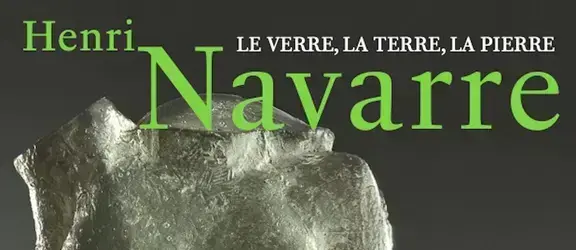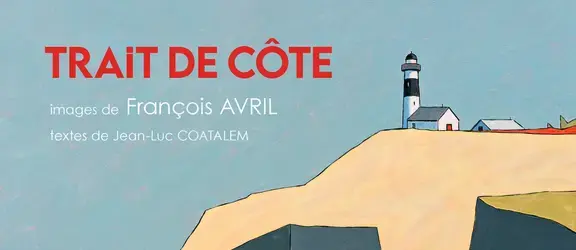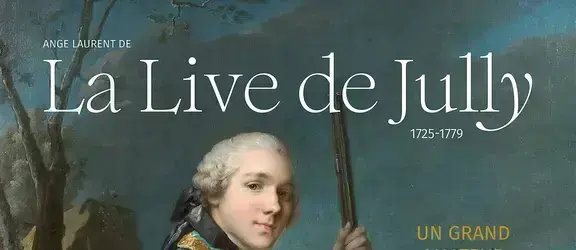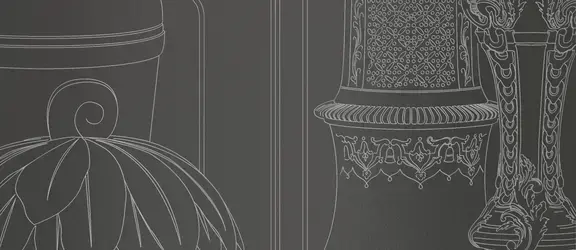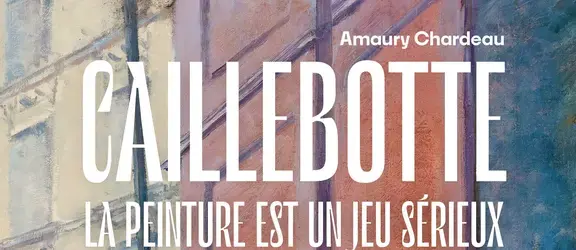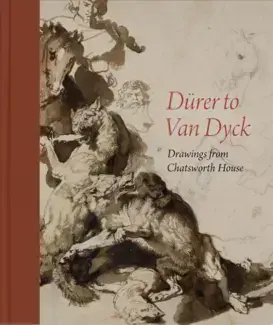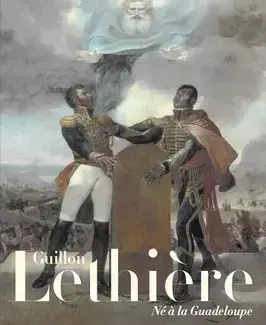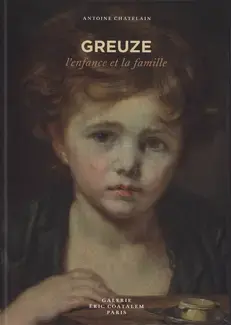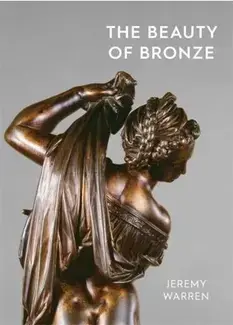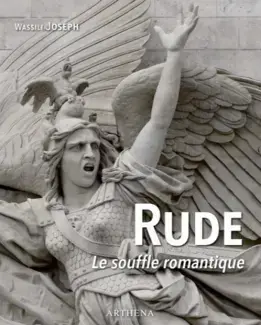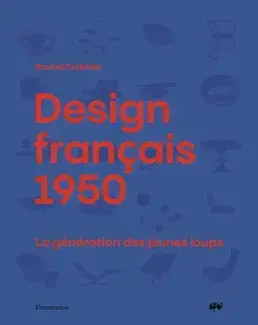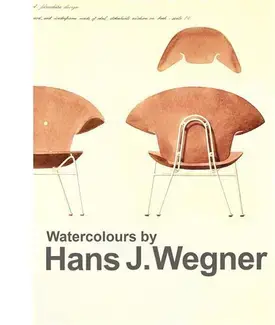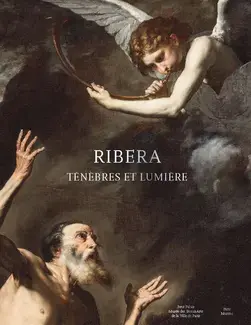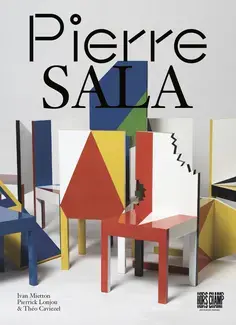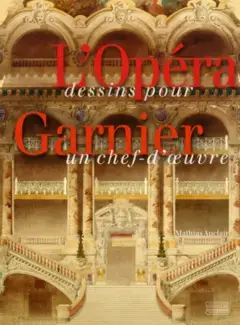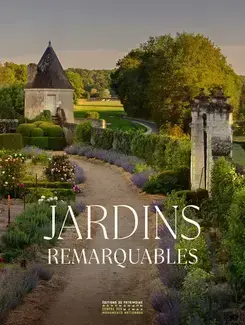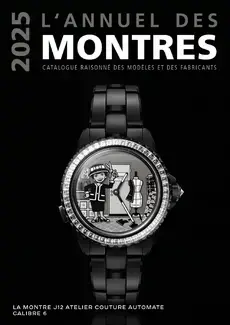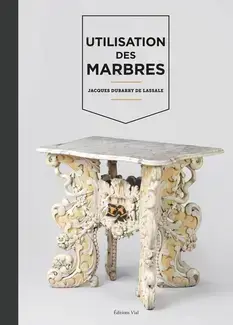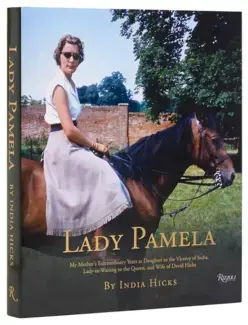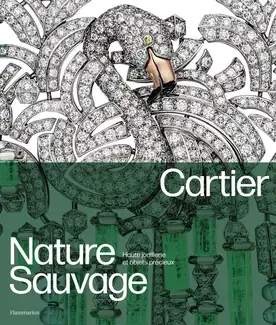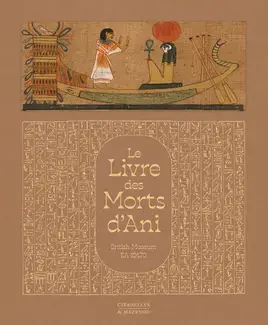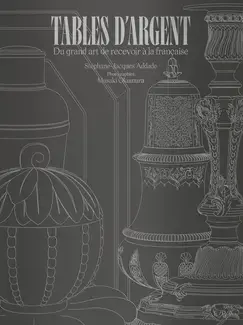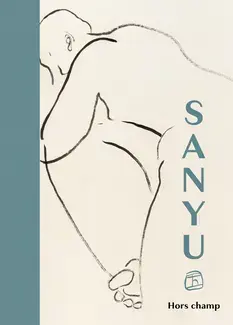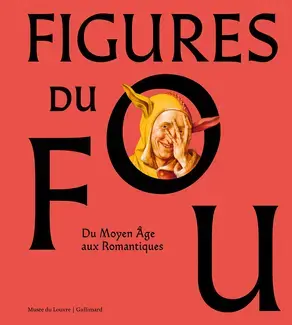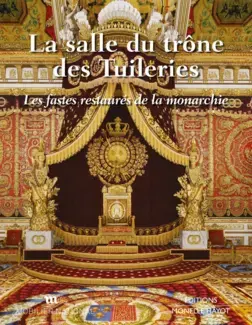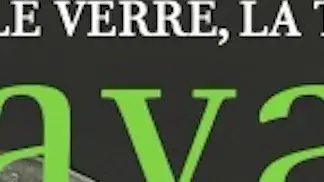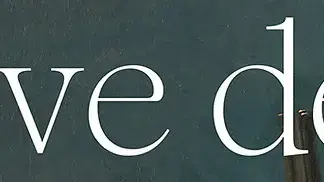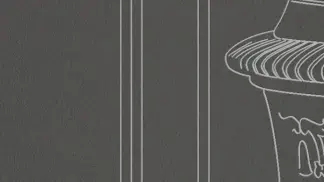 Home
Home
Jean-Baptiste Perronneau, Ca. 1715-1783 Un Portraitiste Dans L'europe Des Lumières
Auteur(s) : Dominique D'arnoult
Portrait painting, particularly in pastel, enjoyed considerable vogue in 18th-century Europe, where were counted not less than two thousand portraitists. Succeeding Rigaud (1659-1743) and Largillierre (1656-1746), then Nattier (1685-1766), two great figures outclassed the French scene in the middle of this century: Maurice Quentin Delatour (1704-1788) and Jean-Baptiste Perronneau, a decade his junior.
Trained in Paris, Perronneau received in 1753 full agreement in the Académie royale de peinture et de sculpture. Although the rivalry between Perronneau and Delatour lasted more than twenty years, the career of the two artists remained however distinct: Delatour painted the royal family and the court, while Perronneau preferred finding a clientele in provincial and foreign capitals, and his models belonged to diverse social backgrounds. A vision of another France and of another Europe, different from the one usually represented by his rivals, appeared under Perronneau's pastels and brushes, a vision of a moving Enlightenment world.
Thanks to an attentive reading of the texts of the time on portrait painting and to a restitution of aesthetic stakes of the century, with more than four hundred illustrations of often unpublished works, and accompanied by a catalogue raisonné, this book allows to appreciate one of the greatest French portrait painters.



sécurisé

mondiale

& conseils

& collecte en magasin
We also
recommend
Bookshop
New book new
Bookshop
Favorites
